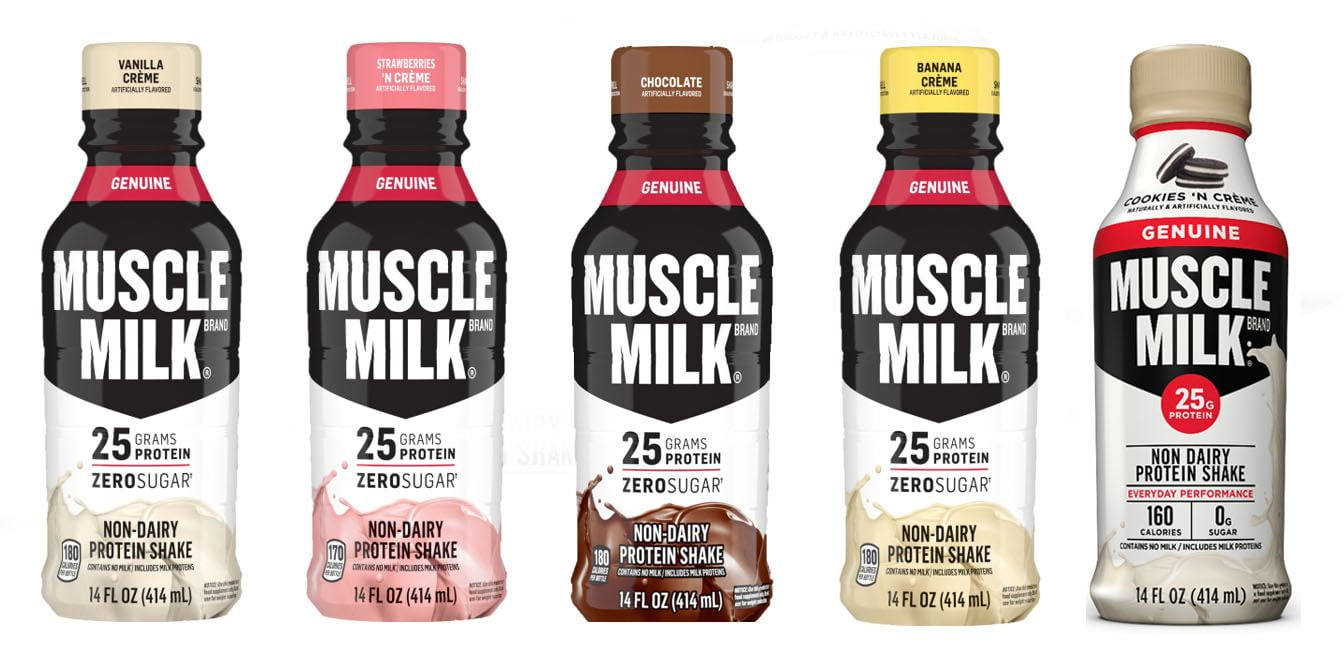

Why? Well, some people argue that because plant proteins aren't 'complete' – which means they're missing at least one of the nine essential amino acids –they aren't as effective as their dairy-based counterparts. Since protein powders arrived on the scene as a good way to follow up a heavy workout, whey-based formulas have been lauded as the gold standard. So, for a highly active woman weighing 65kg, she should aim for between 78g and 97.5g of protein per day. 'Those engaging in 150 minutes of exercise a week (or more) require around 1.2 to 1.5g of protein per kg body weight per day, and athletes will require even more', nutritionist Jenna Hope shared with WH. Some studies, such as this Nutrientspaper, have suggested that those protein guidelines are too low, especially if you’re an active person. 'The ideal amount to consume at each meal is about 20g of protein,' award-winning nutritionist Anita Bean previously told WH, which would equate to around 60g+ per day. However, if your goals are to build muscle or adequately repair after a hard workout, you're probably going to want a little more than this. The NHS suggests UK adults should aim for 50g of protein per day. It also helps prevent chronic disease and keep you limber enough to perform necessary tasks, such as carrying the shopping and/or small children – although preferably not at the same time!Īs one of the three core macronutrients, alongside carbohydrates and fat, making sure you have enough of it in your diet is crucial for your health.

First up, it repairs your muscle tissue after working out and, with protein making up over 43% of your muscles, trust us, it's important.


 0 kommentar(er)
0 kommentar(er)
